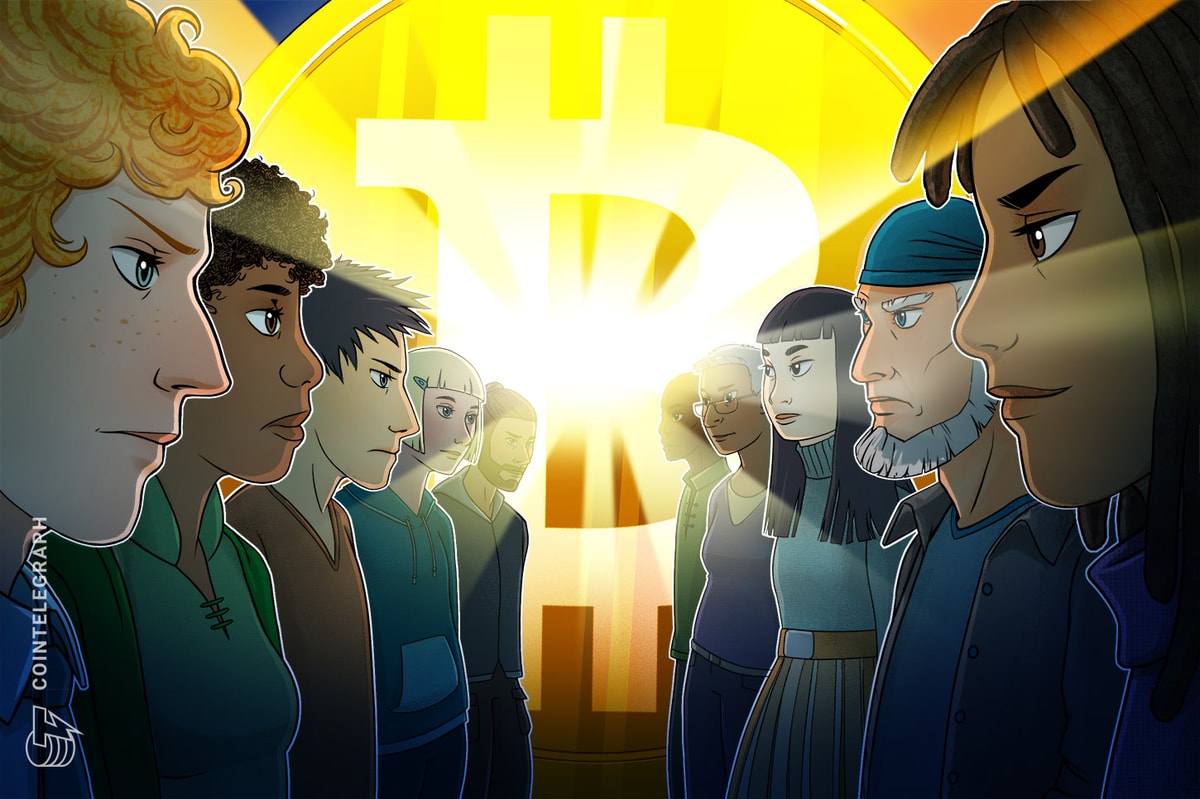Bitcoin Core’s subsequent main improve has reignited outdated tensions locally, pitting builders who need a impartial, fee-driven community in opposition to purists who see non-financial knowledge as spam.
Bitcoin Core v30, anticipated in October, will take away the 80-byte cap on OP_RETURN, the a part of a transaction script that enables customers to embed arbitrary knowledge.
Bitcoin Core is software program that runs the Bitcoin community, maintained by an open group of builders however broadly relied upon by miners and node operators. While options similar to Knots exist, Bitcoin Core is the protocol’s reference implementation that’s run by the vast majority of the community.
On the floor, the dispute seems like a coverage debate over whether or not Bitcoin’s blockchain must be reserved for monetary means or opened as much as broader makes use of. But beneath that, the controversy faucets into deeper political fault traces, with some factions accusing Bitcoin Core of compromising ideas or bending to outdoors affect.
The battle over Bitcoin’s goal
Critics of Bitcoin Core v30 warn that eradicating the OP_RETURN cap may open the door to spam and useful resource drain. They argue that bigger OP_RETURNs encourage non-monetary transactions that crowd out funds and improve the burden on nodes.
Supporters of the money-first philosophy see this as a misuse of the system, insisting that Bitcoin was designed as a peer-to-peer funds community, not as a knowledge internet hosting service.
That view is embodied in Bitcoin Knots, another consumer maintained by Luke Dashjr, which enforces stricter default insurance policies to dam what it classifies as non-financial knowledge. Knots is designed to make it tougher to relay or embed arbitrary content material.
Related: Bitcoin Knots acquire floor: Will a series break up kill BTC worth?
Core builders defend their determination on completely different grounds. Gloria Zhao, a Bitcoin Core maintainer, stated that these backing the change “aren’t passionate about knowledge storage as a use case” however help a decentralized marketplace for blockspace by not imposing relay guidelines which might be stricter than what miners already settle for.
“The present normal strategies (e.g. naked pubkeys) contain bloating the UTXO set, representing a long run value to the community,” she stated in a GitHub dialogue thread, including that OP_RETURN is prunable and fewer dangerous.
Knots supporters counter that lifting the cap heightens the chance of illicit materials being completely inscribed on the blockchain. At the acute, they level to the opportunity of little one sexual abuse materials (CSAM) being recorded on Bitcoin if the cap is eliminated.
Bitcoin developer and advocate Jimmy Song — who’s not a v30 supporter — rejected that argument, stating that knowledge embedded in Bitcoin is “not readily accessible.”
“Core model 30 doesn’t show any pictures or movies or play any audio,” Song stated. “Running software program that verifies whether or not a block or transaction is in step with the principles of Bitcoin doesn’t make you a celebration to no matter nefarious deeds the transaction involved could also be concerned in.”
Bitcoin’s company seize debate
Beyond the technical debate, the v30 improve has stirred a political undercurrent over whether or not Bitcoin Core stays actually unbiased.
Critics have urged that Core builders are favoring ventures just like the layer-2 undertaking Citrea, arguing that eradicating the OP_RETURN cap occurs to align with the wants of rollups that depend on embedding bigger knowledge payloads into Bitcoin for validity proofs.
Others query the rhetoric of neutrality itself. They view the “fee-driven” strategy as a approach to normalize non-financial transactions, opening the door to non-fungible tokens and inscriptions.
Related: Lessons realized from a graduate-level Bitcoin class
Core builders reject these claims, stressing that selections are made within the open on GitHub, Internet Relay Chat and the mailing listing and dismiss suspicions of company seize as political spin from the “money-only” camp. For them, v30 is about letting the transaction payment market resolve and preserving Bitcoin’s guidelines impartial and clear.
“If a small, socially engineerable ‘interior circle’ actually made software program selections on behalf of your entire community, then Bitcoin is definitely a really fragile system,” Zhao stated.
“I sincerely hope that if Bitcoin Core’s contributors ever abandon these values — e.g., to appease social media or company needs, the neighborhood will swap to a different node implementation that does it higher.”
Bitcoin Core v30 eyes October launch
The argument over OP_RETURN is in the end about greater than bytes and scripts. For critics, it’s a battle to protect Bitcoin’s id as sound cash, free from the muddle of knowledge experiments. For Core builders, it’s about aligning software program guidelines with what the community already accepts, leaving the marketplace for blockspace to type itself out.
Whether the change unleashes a wave of inscriptions or just cleans up outdated relay guidelines, the improve forces the neighborhood to revisit a debate that has haunted Bitcoin since its early days.
As v30 approaches its October launch, node operators, miners and companies will select whether or not to improve or maintain again. That selection, repeated throughout 1000’s of machines worldwide, will decide not solely the destiny of the OP_RETURN cap but in addition how Bitcoin defines neutrality, independence and its future goal.
The divide has resulted within the rise of Bitcoin Knots nodes. There have been about 400 Bitcoin Knots nodes working on the Bitcoin community originally of 2025. That quantity has grown to 4,713 nodes. There are at present 22,496 public nodes working on the Bitcoin community.
Magazine: 7 the reason why Bitcoin mining is a horrible enterprise concept







